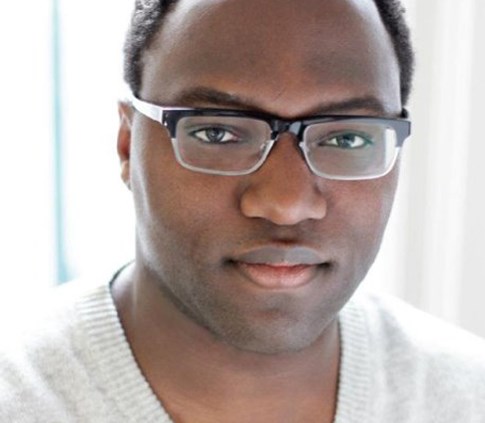Vancouver’s population is culturally diverse, but you wouldn’t know it from the theatre-makers who walked away with accolades at this year’s Jessie Richardson Theatre Awards.
The Jessies purport to celebrate excellence in the local theatre scene, and this year’s winners – as well as the nominees, and the juries who selected them – were predominantly white.
And it’s been like this for years, but in a city where so-called “visible minority” groups make up more than 50 per cent of the population, the Jessies are “doing a grievous disservice to the public by largely excluding work by artists of colour,” according to an open letter released last week by an ad hoc group of theatre-makers calling itself Real Canadian Theatre (or ReaCT).
In its letter (which can be found online), ReaCT points to the composition of the Jessies’ 2014/15 juries as “clear evidence of the [Jessies’] historically exclusionary practice.”
“We believe the reason why the actor, director and writer nominations largely shut out artists of colour year after year must have something to do with the fact that the directors of the Society, its Advisory Committee and juries, are predominantly or exclusively white,” the letter states.
“In a city like Vancouver, easily one of the most culturally diverse cities in the world, wherein the Aboriginal and so-called "visible minority" groups together exceed 50 per cent of the population, we believe this has to change.”
ReaCT asks that “meaningful efforts be made to reflect the reality in which we live and work.”
To date, more than 180 theatre-makers have signed ReaCT’s letter, including Norman Armour, Camyar Chai, Katrina Dunn, David C. Jones, Adrienne Wong, Patrick Sabongui, and Tom Pickett.
“One of the key points that we’re trying to get out there is we don’t think any of this is conscious or insidious. There’s not people sitting or twisting their mustaches in a room going, ‘let’s shut out the people of colour and let’s give them bad reviews,’” says Omari Newton, a Vancouver-based theatre-maker who drafted the letter along with CE Gatchalian, Diane Roberts, and Valerie Sing Turner.
“Systemic racism, the way it works is it’s this unspoken thing where the system is set up in such a way that it disadvantages people of colour. It’s not deliberate, but it definitely exists.”
And the Jessies don’t disagree. The Jessies’ board of directors followed up ReaCT’s letter with one of their own, in which they expressed a “full and enthusiastic desire to enter into a dialogue about these issues.”
“We’ve always had a concern for diversity on our juries. We try and account for gender, cultural and ethnic background, age, sexuality, as well as diversity of theatre practice,” says Andrea Loewen, president of the Jessie Richardson Theatre Awards Society, in a recent phone chat.
“That’s always been something we’ve sought, with mixed results because we don’t have a formal system in place for jury selection.”
But this will likely change, says Loewen, who adds that it’s the perfect moment in history to be having discussions around inclusion and diversity, says Loewen.
“The timing of this letter is really apt. These conversations have been happening a lot this year in theatre in Vancouver and all over the country,” says Loewen, who signed ReaCT’s letter. “I think it’s gotten to a point now where a lot of theatre veterans are going, ‘guys, we’ve been having this discussion for 30 years, we need to start making changes, we can’t just talk anymore, we have to start doing things.’”
Newton commends the Jessies “for the way that they’ve received it. They’ve said, ‘yes, there is a problem, we could have done more, we acknowledge this, and we want to work with you to fix it,’” he says. “This is great, but of course the real work starts when we see what changes are implemented.”
“I hope people don’t think that this is a group of angry minorities stewing away in a corner going, ‘the white man is keeping us down,’ or anything silly like that,” adds Newton. “We’re a group of artists who work in this community who are just saying, ‘guys, don’t do this for us, this isn’t a question of tokenism, this isn’t a favour, the theatre has to reflect the city that you live in.’”


